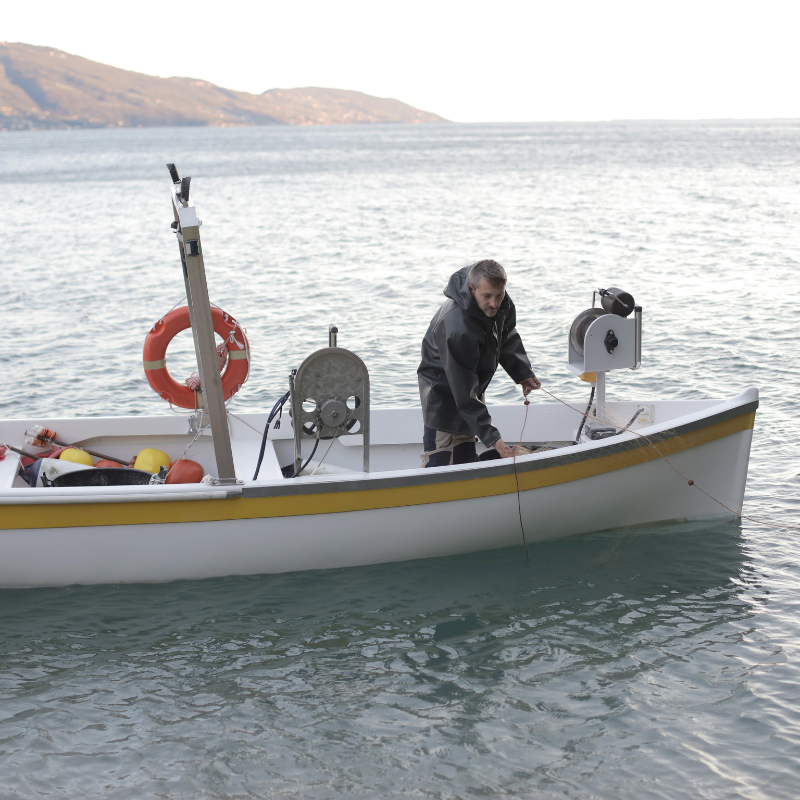Ecosystem Based Fisheries Management aims to take into account all factors that affect the sustainable management of fish stocks – including the behaviour of the people fishing them.
In this report, our Social and Economic Effects of and on Fishing work theme sought to improve understanding of fisher behaviour – currently a key area of uncertainty in fisheries science and management – to enable this aspect to be more accurately represented in fisheries modelling. The research involved reviewing a total of nine case studies across Europe that explored fisher behaviour, including in the SEAwise Case Study regions, and identifying the factors that are most significant in informing decisions made by fishers.

The nine case studies were drawn from projects with which SEAwise participants had previously been involved, as well as those currently underway in the SEAwise project. Among the case studies were the Scottish lobster and crab fleet, the Dutch demersal fleet, and small- and large-scale fisheries in the southern Adriatic and Ionian Seas. For each case study, the factors found to influence fisher behaviour were categorised, and their potential for inclusion in modelling as well as their implications for fisheries management were discussed.
Categories for fisher behaviour were:
The review identified a number of factors that were noted to have an impact on fisher behaviour, and may prove useful in modelling. However, a key conclusion was that these factors are often context-dependent and cannot necessarily be expected to be the same across all cases, meaning that data on the circumstances specific to each fishery should always be taken into account. The review also demonstrated that mixed methods and interdisciplinary approaches are key to achieving an in-depth understanding of fisher behaviour.
Read the report here.
Stay up to date with SEAwise news and research, hear about upcoming events, and receive updates on fisheries news from across the European seascape.